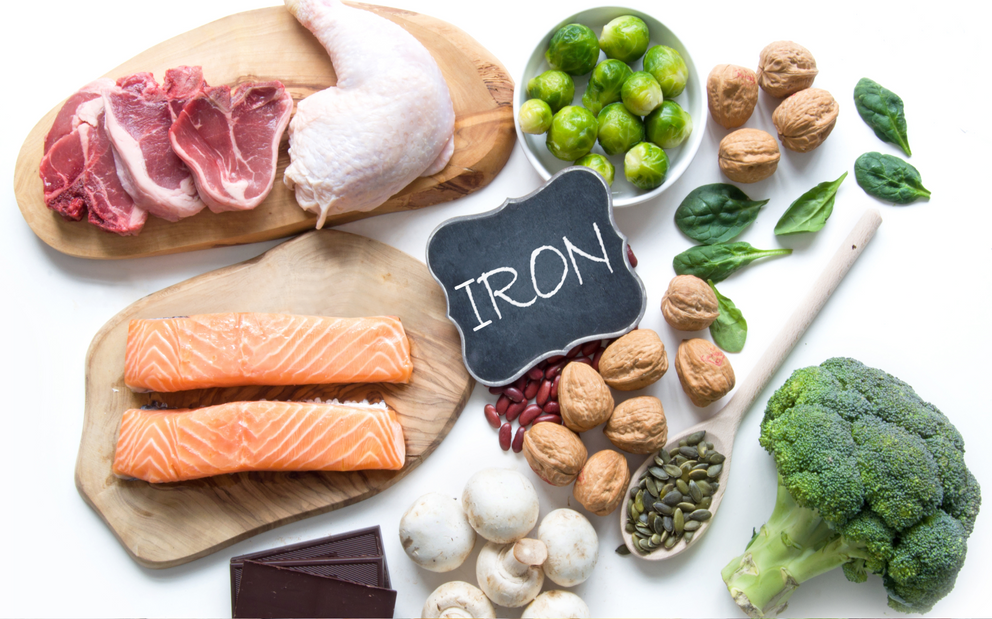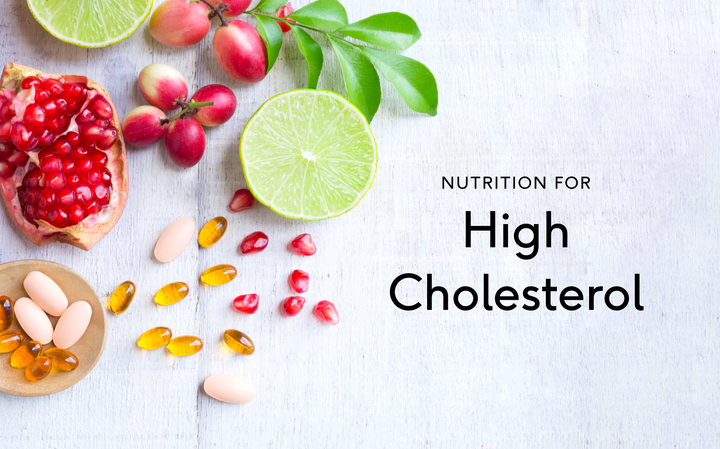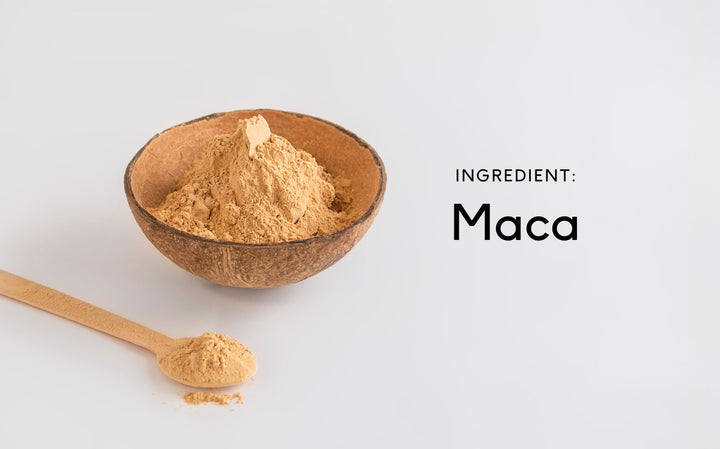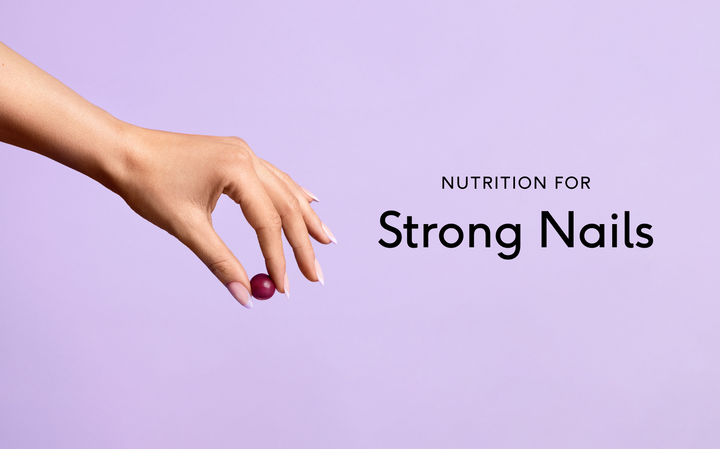Using the best form of iron: fumarate vs bisglycinate
Table of contents

What forms of iron are there?
In supplements, iron generally comes in the following forms:
- Iron fumarate
- Iron gluconate
- Iron sulphate
- Iron bisglycinate
The difference?
There are lots of different kinds of iron. The three most popular forms are iron fumarate, iron gluconate, and iron sulphate. Please keep in mind that the terms “ferrous” and “iron” are interchangeable when it comes to supplements.
Each of the three most popular forms of iron supplements is problematic. Iron is a tricky mineral to handle, but your body needs it. Forms of iron like ferrous sulphate, however, can do more harm than good. Research suggests that even a single dose of ferrous sulphate can cause oxidative damage, which means that daily dosing with this substance could cause irreparable harm.
Ferrous fumarate, for its part, may be harmful to people who have Crohn’s disease and other digestive conditions, and there are concerns about the bioavailability of this form of iron. Lastly, ferrous gluconate contains very little elemental iron despite the fact that it’s the most popular form of iron supplement.
Iron bisglycinate, however, belongs to a new class of nutrients called glycinates or bisglycinates. These types of supplement ingredients consist of essential minerals that have been bonded to glycine with citric acid, and they are far more bioavailable and less harmful than previous supplement-grade nutrient classes.
Takeaways:
- Iron fumarate has poor bioavailability and significant side effects
- Iron gluconate contains hardly any elemental iron
- Iron sulphate has terrible bioavailability, and it may be dangerous
- Iron bisglycinate is new, safe, and highly bioavailable
Why is iron in bisglycinate form better?
Since they are relatively new, the science on glycinates like ferrous bisglycinate is nowhere near definitive. However, initial research suggests that ferrous bisglycinate could be as many as four times more bioavailable than iron sulphate, and this type of iron also appears to have a very mild side effect profile.
Simply put, glycinates are the next generation of essential mineral supplementation. Figuring out how to provide people with the essential minerals they need has always been a struggle since it’s relatively easy to overdose with these types of supplements. Especially for people with anaemia, having easy access to safe iron supplements is a must, and iron bisglycinate represents the next leap forward in making iron safe and bioavailable.
Takeaways:
- Having access to safe forms of iron is a matter of life and death for some people, but iron gluconate, iron sulphate, and iron fumarate all disappoint in their safety and bioavailability
- Ferrous bisglycinate, however, appears to be safe and vastly more bioavailable than other forms of iron.
Why do we use iron bisglycinate instead of other forms?
Our Feel Multivitamin™ is designed to be a supplement you can trust to get you through the day no matter what. Going into developing Feel’s earlier version of the multivitamin, we wanted to make a multivitamin that skipped all the nonsense and got straight to the point by delivering the nutrition you need.
Along the way, we learned that we hadn’t fully cracked the code when it comes to vitamins and minerals. Nutritional scientists are constantly determining new ways to make nutrients safer and more bioavailable, and here at WeAreFeel, it’s our vow to stay abreast of these industry developments to consistently bring you the best daily multivitamin ever devised.
The Feel Multivitamin™ is the next stage in the evolution of the best multivitamin in the world, and switching to ferrous bisglycinate is a big part of this upgrade. Enjoy your daily Feel Multivitamin™ knowing that it’s now equipped with the best form of dietary iron that science can (currently) devise.




















































 Back
Back





